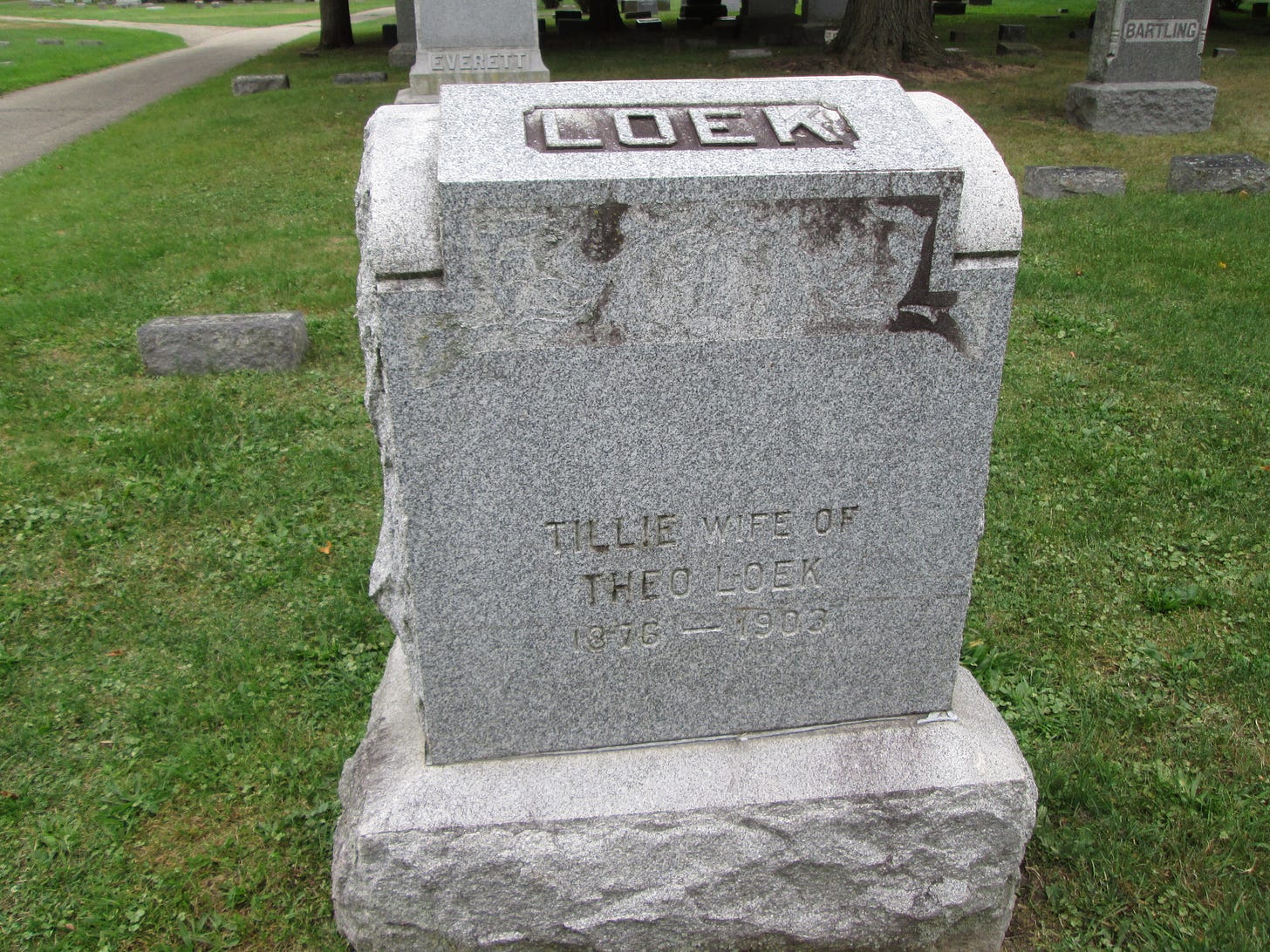’How can I miss you when you won't go away?
I keep telling you day after day
But you won't listen, you always stay and stay
How can I miss you when you won't go away?
And I mean it, too
— Dan Hicks & His Hot Licks
VV, you got me thinking about the hermit thrush who went away and the gray jays that took their place. Literally, laid their eggs in a nest someone else built. Like the man who speaks the wrong language on the phone and doesn’t have the sense to whisper. All this apartness that brings us together. People are like water, they go wherever gravity takes them and gather, unable to climb back up even the most gentle slope. I saw this on the television this morning. A woman in South Dakota drove herself across her neighbor’s lawns to evade the floodwaters and now she can’t get back to her house. But she was confident that they — those thus gathered — ’will get through this.’
To ask whether Dust is welcoming to migrants, immigrants, squatters, singers of alien birdsong, refugees and escaped convicts is to put aside the wonder of why anyone cares about the coming and going of strangers. Is there a word in English for those who stayed home, for those who were left behind? Calling someone a left-behind is like calling them slowpokes, retards, surplus, the sad sacks who missed the bus. You identify their identity with the distance you traveled to get away, yoking them to abandonment. Say instead: the choice to stay where you belong is not always a moral failure. Those who leave Dust are forgotten before they can be missed. It makes me think about a song by Dan Hicks that probably you don’t remember that may have nothing to do with any of this. The point I wanted to make is that newcomers are noticed, they stand out like the grove of bamboo that has consumed the front yard of my house, where a well-tended lawn with complementary shrubs ought to grow, modeling civility.
The natives of Dust enacted laws forbidding vagabondage, sleeping in public, loitering outside the home, pissing off the deck, camping within the city limits, outdoor drinking except at the new baseball stadium where the Dust Bunnies play. To forbid, to outlaw, to prohibit do not add up to an absence of scofflaws. A neighbor of mine, a scofflaw, travels by foot pushing a shopping cart. She loves my dogs but they only bark at her: it’s not clear what they mean by barking but, whatever the have on their minds, they violate the public ordinance against voicing pleasure or displeasure. In the colder months she bundles up to the chin, puts on a bedraggled cap, dark glasses, and the red cheeks and red nose of a drinker. Today she wears shorts and a tank-top and no glasses. Miserable she looks even though she smiles when she sees us coming. I don’t know where she spends the night. Dust is a kind of cartographic shelter, protecting all those within its boundaries from the terrors of unincorporated space.
We wannabe natives of Dust are carpetbaggers, transient and voracious as locusts. How long do we have to stay in place, pass down the local property, recall the good old days and the ones that got away, before we get our pictures on the wall at the Rotary Club? People can’t remember ever not seeing me around but they never mistake me for a native. Somewhere on my body, visible even through clothing, is the mark of an outsider. Like Mathilde Steinke, fourteen years old, who came with her older sister Lena on the Noordland in 1890 from Antwerp, landing in Manhattan in a snow storm two days after Christmas. Ten years later she find herself in Dust — like the letter her mother received from a man who was not her husband that she finds in the lining of her suitcase — and three years after that she lies under a white stone that says ’Tillie, wife of Theo Loek’ in the Oakwood Cemetery where I found her while walking the dogs. Tillie lived six days after her daughter was born. Little Esther was whisked out of Dust by her father’s people before the sun set. Me and Tillie, we’re here for the long haul, not the ones who stayed home, not the ones native to where they came to rest.





